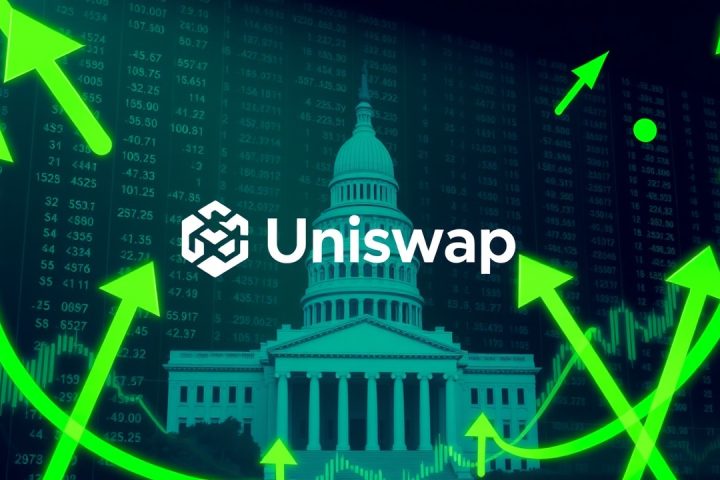The Philippines Introduces Comprehensive Cryptocurrency Regulations
The Philippines is making significant strides in regulating its burgeoning cryptocurrency sector with the introduction of a comprehensive digital asset framework that takes effect immediately. Under the new regulations, cryptocurrency service providers, known as Crypto-Asset Service Providers (CASPs), will be required to secure licenses and comply with stringent disclosure obligations. To operate legally, these companies must now register as local corporations and demonstrate a minimum paid-up capital of ₱100 million (approximately US$1.8 million).
Key Stipulations of the New Regulations
This regulatory update was announced on May 30 through the Philippines SEC Memorandum Circular No. 5 and establishes guidelines that will reshape the way crypto operations are conducted in the country. Among the key stipulations, CASPs are required to:
- Have physical offices in the Philippines
- Keep customer assets separate from their own
- Provide regular operational updates to the authorities
Furthermore, companies must comprehensively document all digital assets they issue or manage, detailing each asset’s characteristics, potential risks, and the technology supporting it.
Industry Experts Weigh In
Nathan Marasigan, Partner at MLaw Office, described the SEC’s action as a pivotal moment for the country’s digital asset environment, stating that it may present immediate compliance challenges, particularly for smaller entities. However, Marasigan also emphasized that these regulations are essential for fostering mainstream cryptocurrency adoption, as they introduce a structured regulatory framework where previously none existed.
Finance Secretary Ralph Recto highlighted the magnitude of the Filipino crypto market, estimating its size at roughly $107 billion, which underscores the necessity of such regulation to protect millions of local investors from uncertain practices in an unregulated environment.
Challenges Ahead
Nonetheless, implementing these new technical requirements could pose difficulties for companies. Luis Buenaventura, the crypto head at GCash, expressed that certain SEC mandates demand customer data and transaction records be maintained within the Philippines, potentially dissuading the use of international cloud services like AWS or Azure. This stipulation might complicate matters for foreign firms wishing to establish a presence in the country.
In addition to these operational changes, CASPs will now be subject to dual supervision from the SEC and the Anti-Money Laundering Council, which includes mandates for transaction monitoring systems, Know Your Customer (KYC) processes, and periodic submission of board minutes and risk evaluations.
Conclusion
While acknowledging that regulations often require refinement over time, Marasigan remains optimistic about the Philippines’ commitment to nurturing growth within its cryptocurrency space.
Edited by Sebastian Sinclair




